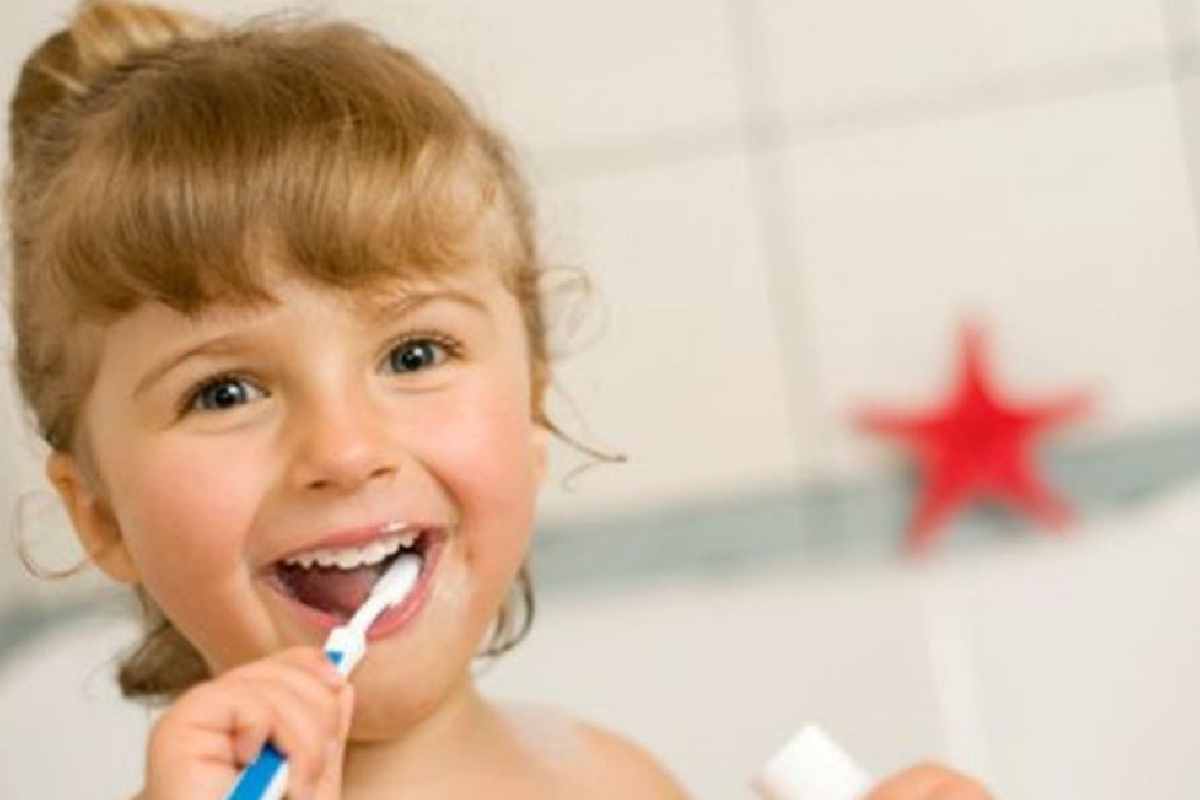How Daily Habits Influence Dental Hygiene
Key Takeaways:
- Simple lifestyle changes can significantly improve dental health.
- Nutrition and hydration play key roles in maintaining oral hygiene.
- Adequate dental hygiene involves more than just brushing and flossing.
The Morning Routine: Setting the Tone for Oral Health
A solid start to your day can set the foundation for excellent dental care. Embracing a routine that includes brushing your teeth effectively can have long-lasting benefits. Dentists recommend brushing twice daily—not just in the morning but also before bed—to remove plaque and combat tar build-up that can lead to gum disease and cavities. Fluoride toothpaste is highly recommended, as it strengthens the enamel, creating a barrier against decay. Furthermore, your choice of toothbrush matters incredibly.
Using a toothbrush with soft bristles can prevent excessive abrasion that may cause gum recession by being gentle on the gums. Replacing your toothbrush or brush head every three months is essential because worn-out bristles are less effective at cleaning teeth.
The Role of Nutrition in Dental Care
While most people diligently clean their teeth, they might overlook the importance of a nutritious diet in influencing dental health. The foods one chooses directly impact oral well-being. For instance, cheese and yogurt, both dairy products, are packed with calcium and phosphates, which help enhance the strength of teeth and bones. At Champaign Dental Group, patients are encouraged to consider how their dietary choices can complement their oral hygiene routines for overall better dental health. Apples and carrots, crunchy fruits and vegetables, work as natural toothbrushes by stimulating gums and boosting saliva production to reduce the risk of cavities. Sugar intake, on the other hand, needs to be managed carefully. Sugary snacks and drinks are a significant source of tooth decay as they feed harmful bacteria in the mouth, producing acids that erode teeth.
Avoiding Harmful Habits
Everyday habits can profoundly impact oral health, no matter how small they seem. Smoking is a notorious contributor to gum disease and leads to oral cancer, severely affecting millions worldwide.
Giving up smoking enhances oral health and boosts overall life expectancy. Excessive alcohol consumption also raises the chance of decay and gum erosion. Furthermore, seemingly harmless habits such as nail-biting or using teeth to crack open bottles should be avoided. These actions can damage enamel, creating opportunities for cavities and other dental issues. Being conscious of these habits and actively seeking healthier alternatives can go a long way in preserving your teeth for years.
The Importance of Hydration
Water is essential for both general health and oral health maintenance. Having sufficient water helps rinse out food remains, diminish unpleasant breath, and moisturize your mouth to combat bacteria that flourish in dry environments. Consuming water can aid in neutralizing acids and safeguarding enamel, particularly after eating acidic foods and drinks such as citrus fruits or sodas. This easy routine can significantly help with your dental hygiene efforts. It is a cost-effective and efficient method to improve oral health daily.
Simplifying Flossing: A Necessary Task
Flossing is often seen as an additional task in the oral hygiene routine, yet its significance cannot be overstated. Correct flossing eliminates food debris and plaque in spaces between teeth that toothbrushes cannot access. This simple step can significantly decrease the risk of developing cavities and gum disease. According to the Mayo Clinic, daily flossing is crucial for preventing interproximal cavities and ensuring your teeth are thoroughly clean. If the task feels overwhelming, begin by flossing once a day and eventually make it a part of your daily routine.
Mouthwash: Beyond Refreshing Breath
Contrary to popular belief, mouthwash serves a purpose far beyond fresh breath. Depending on the specific formulation, mouthwash can prevent cavities, reduce plaque, and even offer antibacterial properties to fight gum diseases. A good quality, antibacterial mouthwash can act as an extra layer of cleaning, aiding in reducing harmful oral bacteria that cause gingivitis and bad breath. Though it’s no replacement for brushing and flossing, incorporating a mouth rinse into your routine can provide added benefits, contributing to a holistic dental hygiene strategy.
Regular Dental Visits: More Than Just Check-Ups
Regular dental check-ups are indispensable even with a consistent and rigorous oral care routine at home. Visits to your dentist ensure your mouth is professionally cleaned and provide an avenue for early detection of potential problems. These check-ups offer the opportunity for professional advice tailored to your oral health needs, helping you optimize your home care routine. Moreover, routine visits help to detect issues that may go unnoticed, such as cavities or oral cancers, when they’re more accessible and less expensive to treat. Regularly seeing your dentist twice annually can prevent significant issues.



